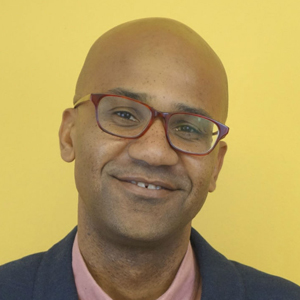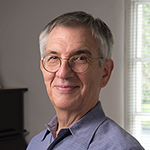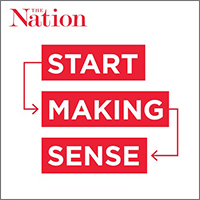 Listen HERE
Listen HERE
Gary Younge says Trump’s victory shows the weakness of the Republican Party, not its strength—and argues that progressives must avoid despair and channel their anger into an effective resistance.
Plus: Obamacare has changed America, and that makes it hard for the Republicans to simply repeal it. David Dayen explains.
And Joy Reid of MSNBC talks about Obama’s rhetoric on race and what it suggests for the coming fight against Trump and white nationalism. Her new book is We Are The Change We Seek: The Speeches of Barack Obama.
 Listen
Listen  Listen
Listen Listen
Listen 
 Listen
Listen  Listen
Listen  Also: Legendary attorney Marty Garbus argues that Obama should grant clemency to Leonard Peltier, the Native American activist who’s been in prison for 41 years.
Also: Legendary attorney Marty Garbus argues that Obama should grant clemency to Leonard Peltier, the Native American activist who’s been in prison for 41 years. Listen
Listen  Listen
Listen  Plus Joan Walsh says Democrats shouldn’t focus exclusively on the worst of Trump’s cabinet nominees, starting with his Attorney General-designee Jeff Sessions; instead, they should fight all of them.
Plus Joan Walsh says Democrats shouldn’t focus exclusively on the worst of Trump’s cabinet nominees, starting with his Attorney General-designee Jeff Sessions; instead, they should fight all of them. LISTEN
LISTEN 
